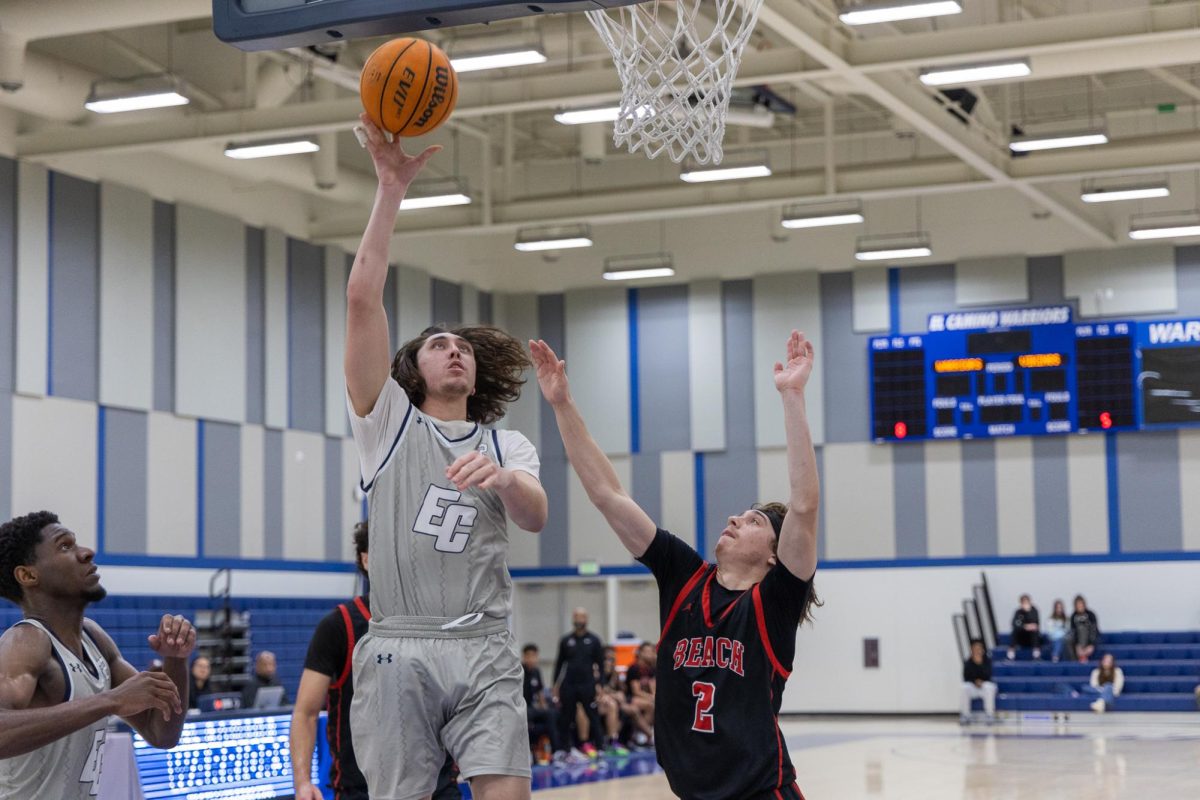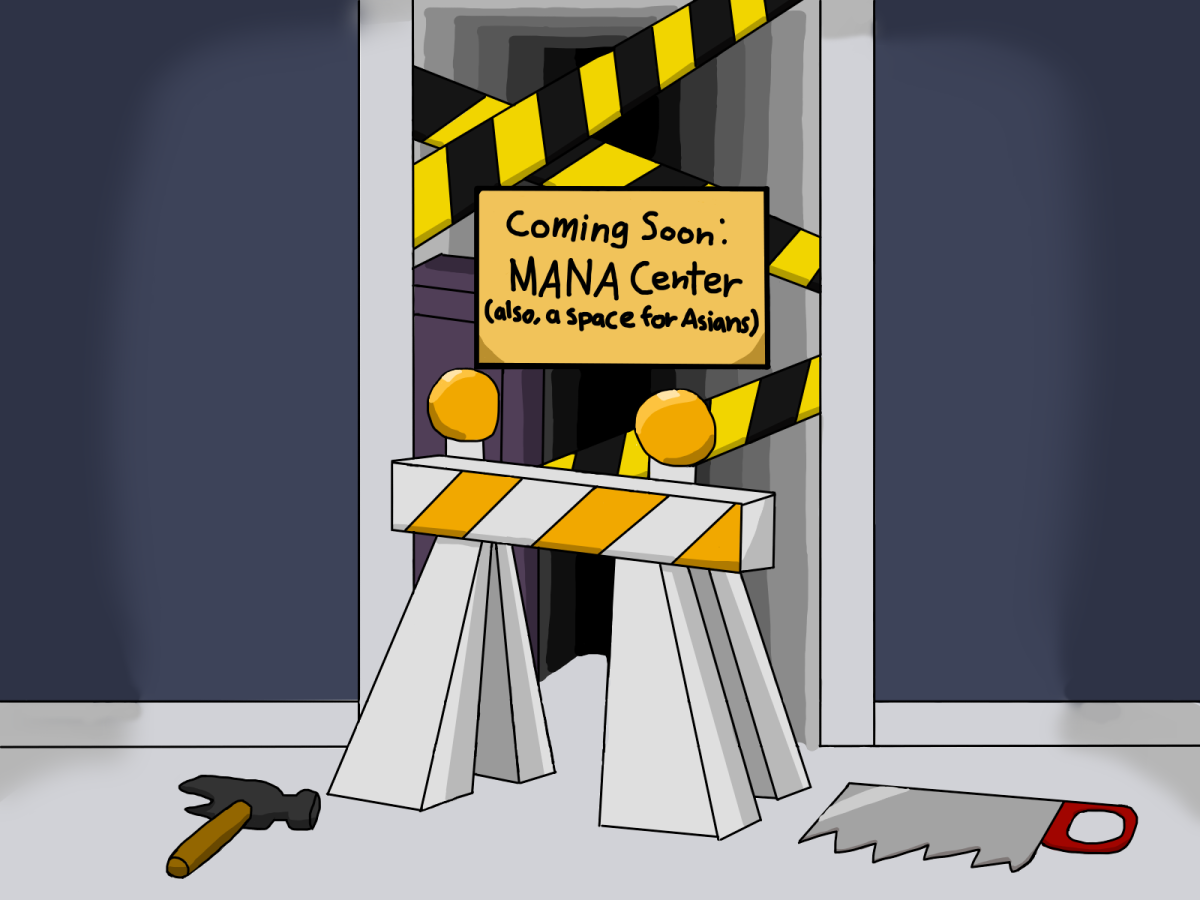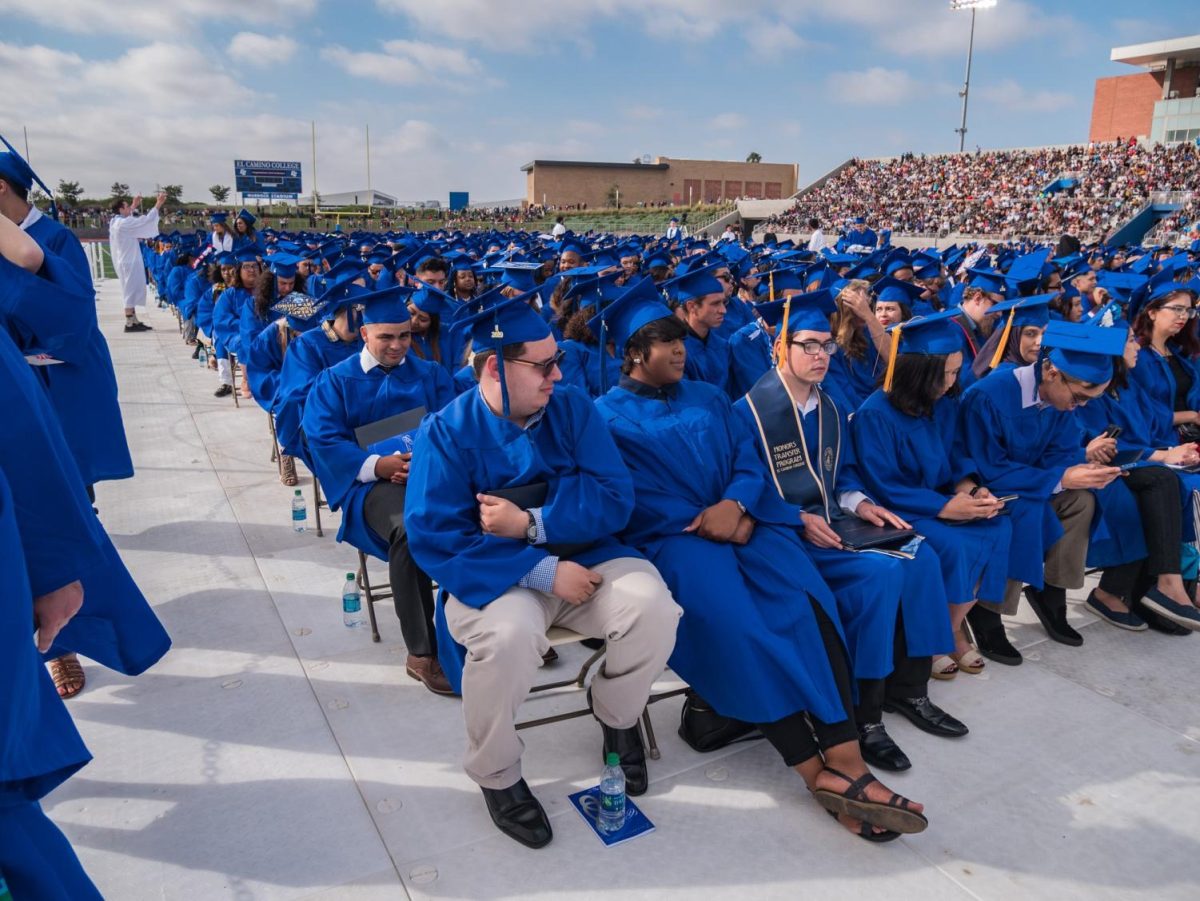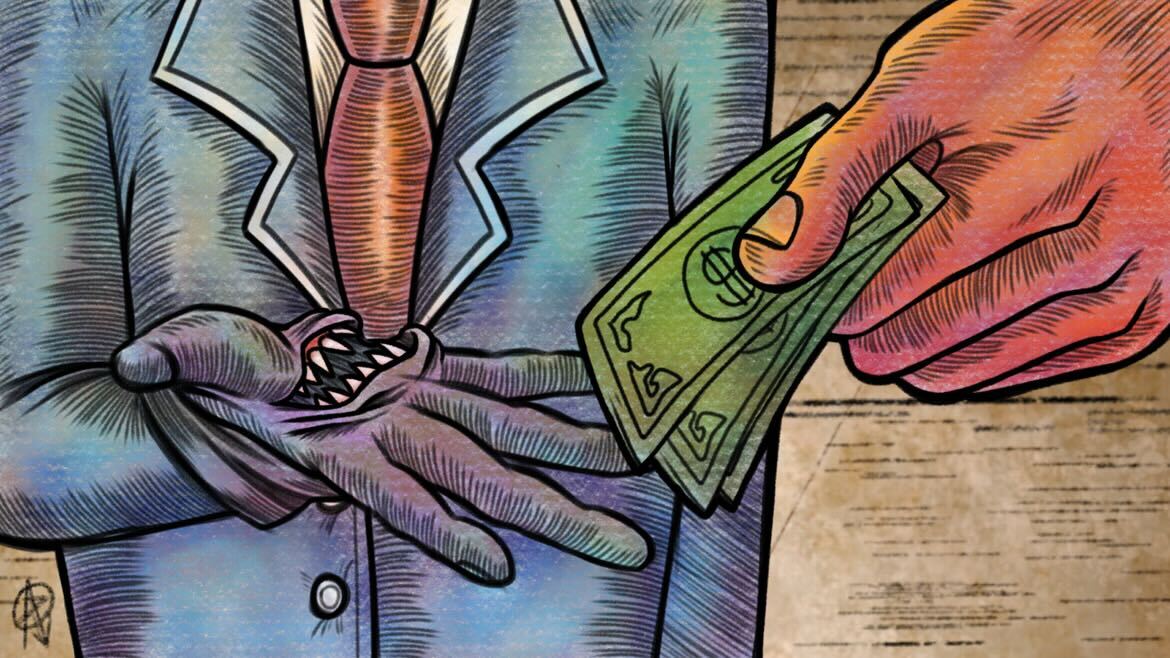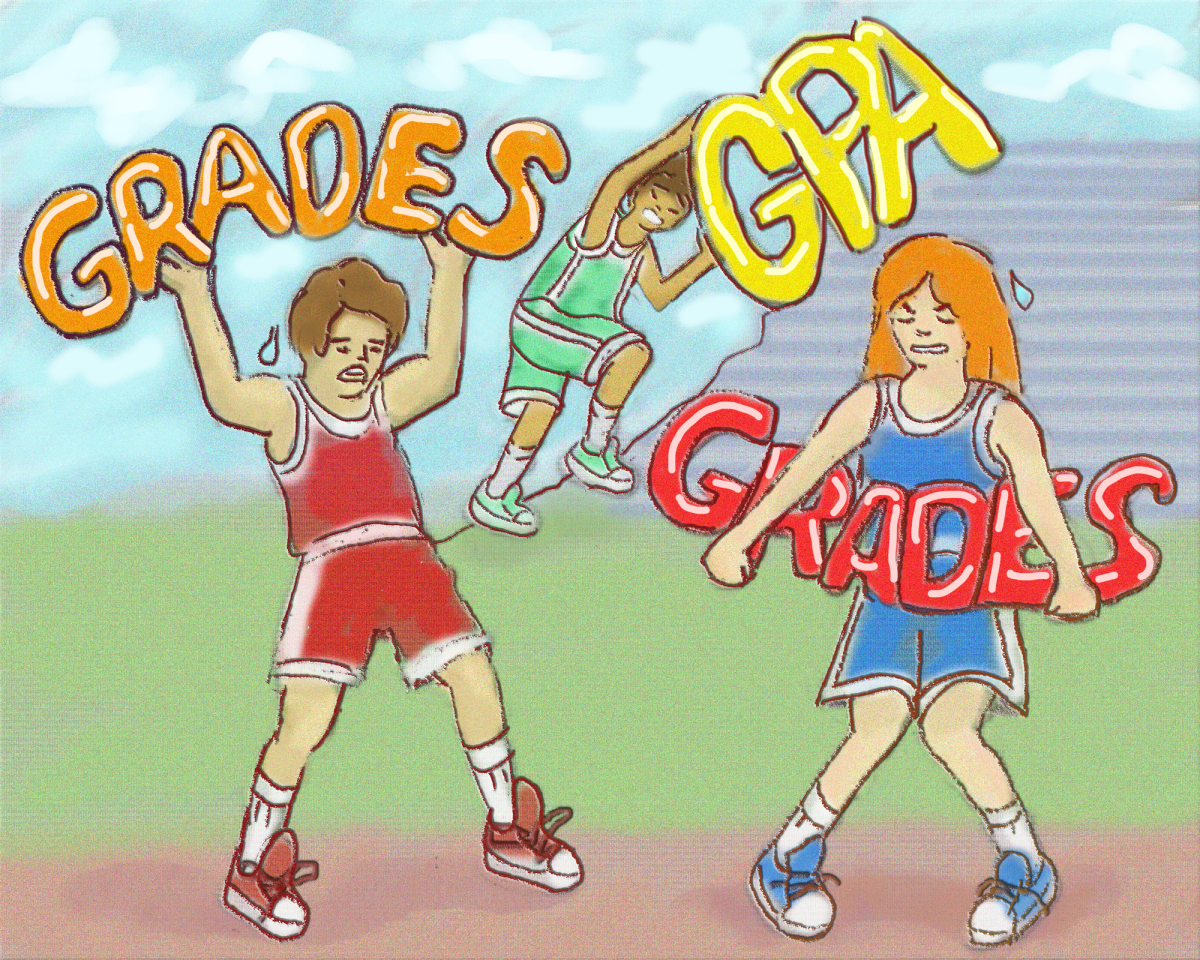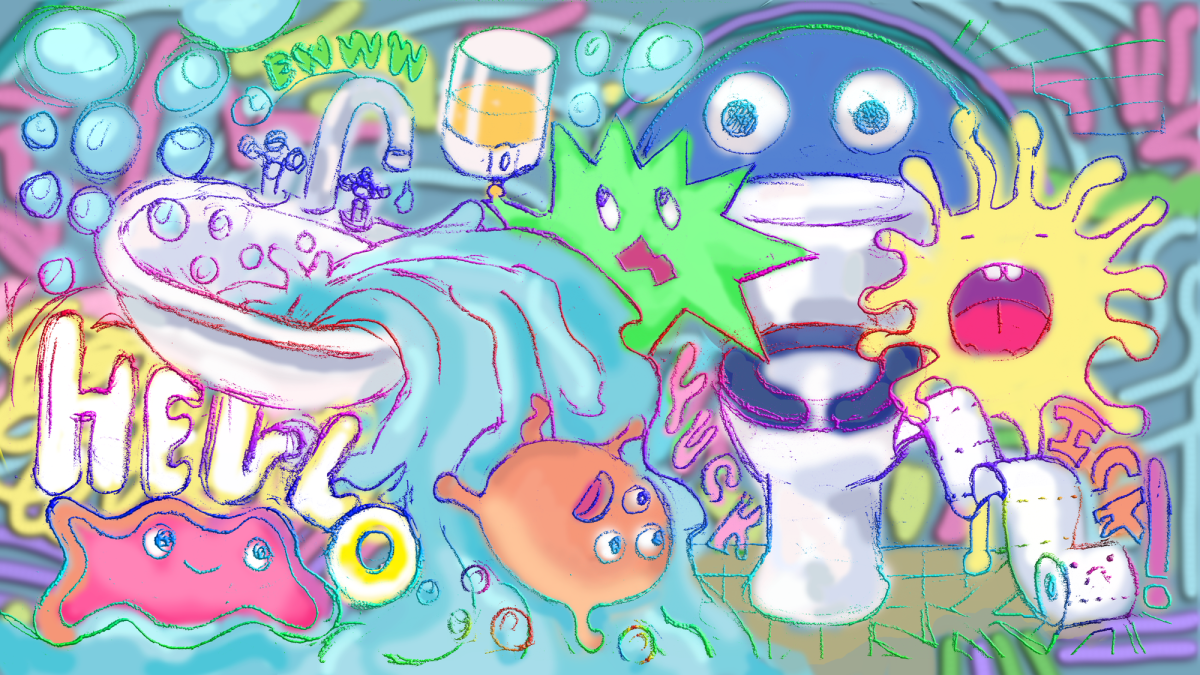My grandfather is a man of few words. I have never had a conversation with him for longer than five minutes.
However, last week that all changed. We were driving in the car listening to KNX1070 news radio. A heated discussion about the recent photos of Iraqi soldiers being mistreated started, and for some reason I asked my grandfather what he thought about the situation.
I would have never guessed that my grandfather could be so passionate and so opinionated.
Before I knew it, we were having a full-blown conversation and my grandfather had me thinking about things I had never taken time to consider.
My grandfather was a chaplin in the U.S. Marines and fought on the front lines in the Korean War.
He said he remembered taking prisoners of war every day, but never did he or any of the other soldiers in his unit mistreat or abuse any of the people that they captured. To do so would have been a direct violation of the military code of ethics each soldier must vow to uphold.
While my grandfather and his unit upheld their vows and obeyed their oath, there were many soldiers who didn’t.
My grandfather said there were plenty of soldiers who participated in abuse and discrimination of soldiers, but he said he never understood how or why those soldiers could do such things.
To mistreat prisoners of war is to go against everything the military stands for, my grandfather said, and the pictures we’ve been seeing on the news are an immoral disgrace.
These pictures shouldn’t be smeared across public TV for the whole world to see, he said. The pictures should have been given to the right people in charge so the right actions could have been taken.
He said the only thing the media has accomplished by putting these explicit pictures on TV and in the papers is giving their country a bad name and a good dose of embarrassment.
My grandfather said he believes the media needs to be reprimanded for its actions and needs to apologize for its mistakes.
Now while I agreed with my grandfather on many levels, it was hard for me to agree with him on this issue.
As a journalist, I believe it is the responsibility of the media to inform the public and to keep them aware of the atrocities occurring around them.
I explained this to my grandfather and while he understood where I was coming from, he reminded me to always look at every situation from all sides.
He said to always take everything into consideration and to think about everyone involved before deciding to write a story or put a picture in the paper.
He reminded me that I, as a journalist, also have a code of ethics I must live up to and he said to never compromise it, but he also instilled one new lesson in me: to always stop and ask myself why I’m printing this story and why I’m running this photo, because if my intentions are true, then my conscience will be clear.
“Things are different during war time Ronda,” my grandfather said. “You may think it’s right to show those pictures because they show the truth, but maybe that truth is not for everyone.”
I learned a lot from my grandfather that day and I must admit he opened my eyes and my mind to things I failed to realize.
I’ve come to the conclusion that everyone needs to take time to ask their elders what they think about things in life, because after all, we might learn something.
Ayers is in her fourth semester with the Union. The weekly forum does not necessarily reflect the opinion of the editorial board.


